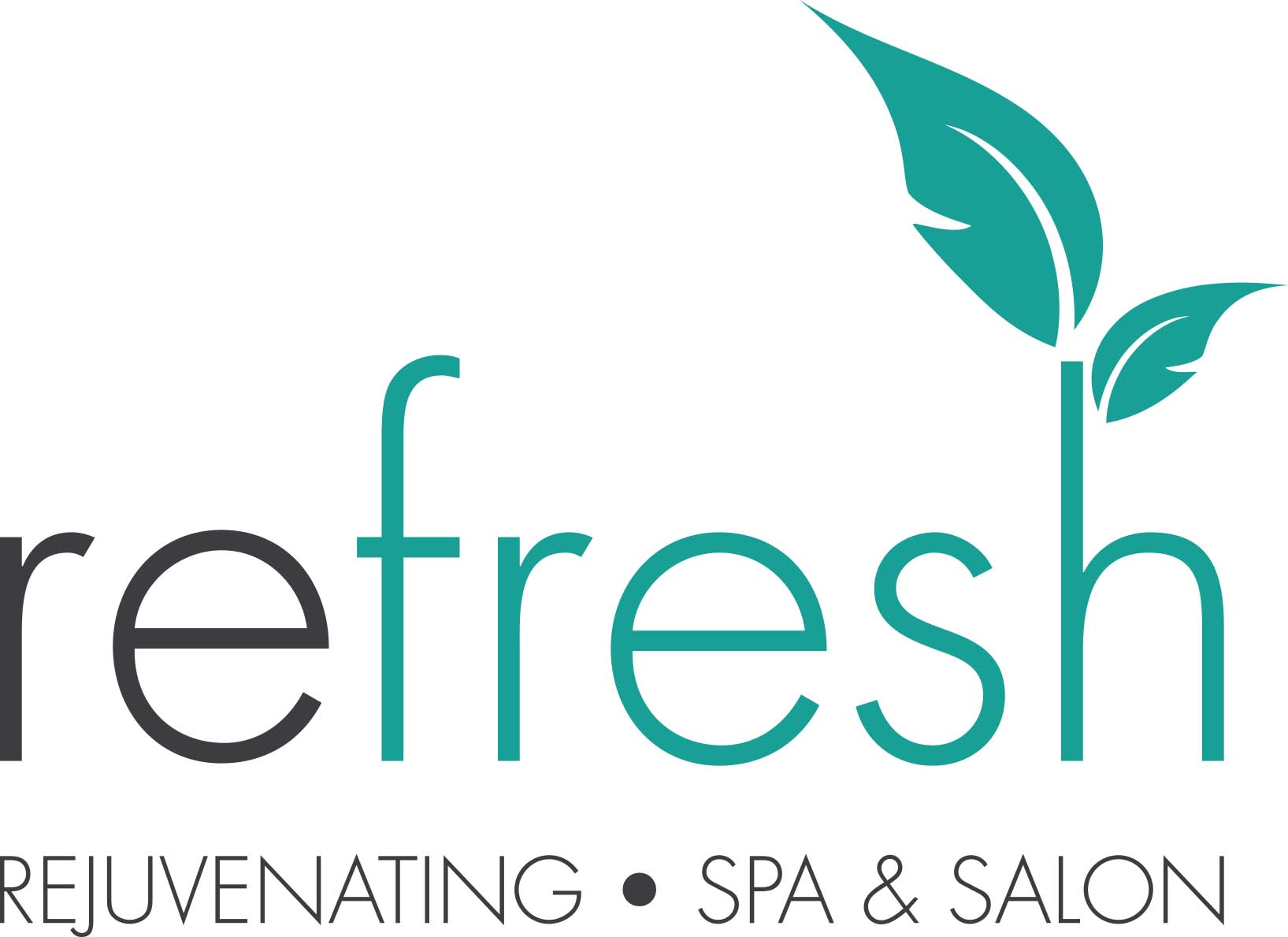If you’ve ever had a massage, you know it is pleasant and relaxing. You may not have realized it can also have physical and emotional benefits if it is done regularly. There are several types of massage, from Swedish to Deep Tissue. They don’t replace medical treatment, but they can benefit your body and mind if you have them done on an ongoing basis.
Ease Pain
Regular massages help with pain management. The therapist can concentrate on stiff muscles and specific problem areas, loosening them and increasing blood circulation. This temporarily relieves pain from sports injuries, arthritis and other conditions. You may not need as much pain medication if you get massages regularly.
Immune System Support
Many studies have shown regular massages support immune system function and decrease stress-related hormones that can lower immunity. A 2010 study published in the Journal of Alternative and Complementary Medicine found that massage boosts patients’ white blood cell count (which plays a large role in defending the body from disease).
Manage Stress
Regular massages are an effective stress- management technique. Stress is often caused by being over-committed and overwhelmed with home, work and family obligations. A weekly or bi-weekly massage forces you to take time out for yourself for a pleasurable, relaxing activity.
Manage Depression and Anxiety
Massage therapy can help you to manage emotional disorders such as depression or anxiety as part of an overall treatment plan. Massage is soothing, nurturing and relaxing. It can improve your state of mind if you concentrate on releasing negative thoughts during the treatment. You can incorporate visualization exercises in which you picture yourself in pleasant surroundings during the massage.
It counteracts all that sitting you do
“Most individuals are dealing with some kind of postural stress,” says Aaron Tanason, registered massage therapist, kinesiologist and owner at Paleolife Massage Therapy in Toronto. “More often than not [that stress] tends to manifest in the shoulders and neck.” More advanced forms of postural stress “show up as pain or weakness in the low back and gluteal caused by prolonged periods of sitting.” Luckily, massage can counteract the imbalance caused from sitting.
Improve sleep
Not only can massage encourage a restful sleep-it also helps those who can’t otherwise comfortably rest. “Massage promotes relaxation and sleep in those undergoing chemo or radiation therapy,” says Lisa Marie de Miranda, registered massage therapist and kinesiologist at Paleolife Massage Therapy. Also, massages help infants sleep more, cry less and be less stressed according to research from the University of Warwick.
Relieve headaches
Next time a headache hits, try booking a last-minute massage. “Massage decreases frequency and severity of tension headaches,” says de Miranda. Research from Granada University in Spain found that a single session of massage therapy immediately effects perceived pain in patients with chronic tension headaches.
Fibromyalgia Relief
Studies at the Touch Research Institutes in Miami showed that massage relieves fibromyalgia-related pain. The Journal of Clinical Rheumatology reports massage therapy lowered stress hormones, anxiety and depression in fibromyalgia sufferers and worked more quickly than transcutaneous electrical stimulation.
Attention-Deficit/Hyperactivity Disorder
Tiffany Field, executive director of the Touch Research Institutes (TRI) in Miami, discovered massage can improve ADHD symptoms in teenagers. Adolescents who received ten or 15-minute massages for 10 consecutive days all showed positive changes. They felt happier and their teachers reported better behavior. Other TRI studies have shown that youngsters with ADHD benefit from twice-monthly massage therapy.

